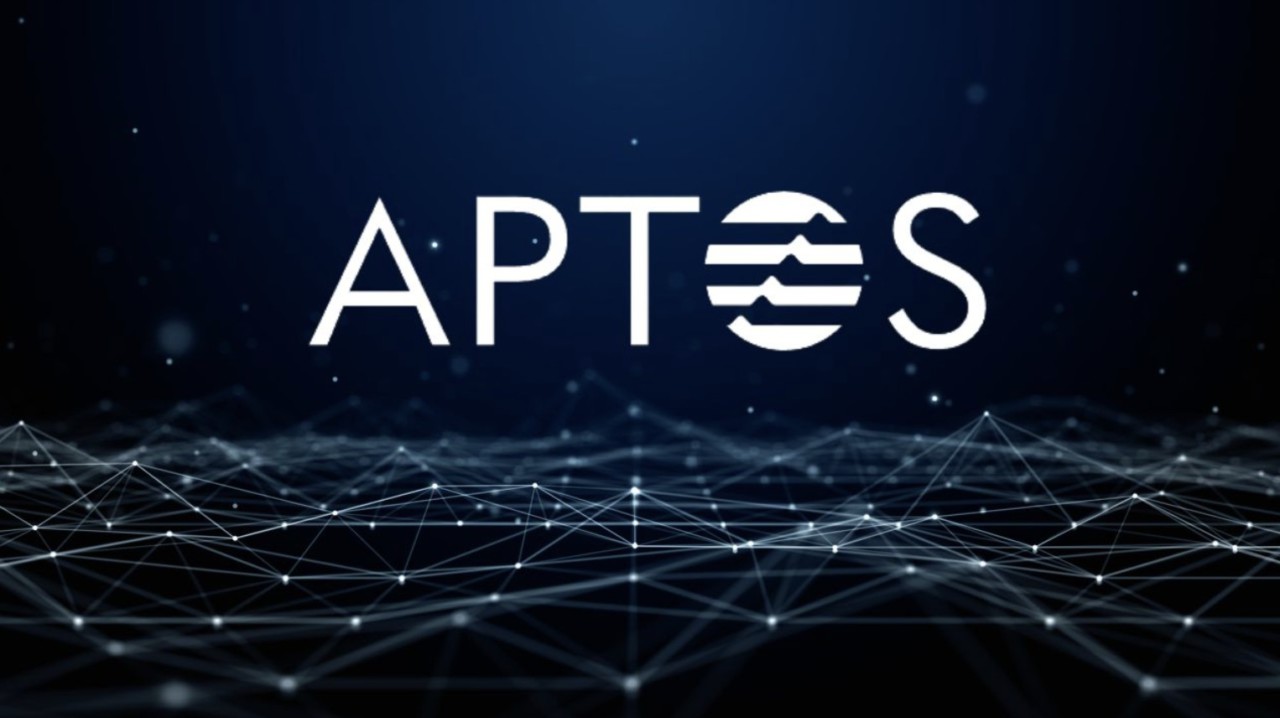
Aptos (APT): Security, efficiency and flexiblity
Unique Design
Aptos (APT) is a cutting-edge, scalable Layer 1 blockchain that aims to revolutionize the world of decentralized applications (dApps) and smart contracts. Launched by Aptos Labs, the blockchain was developed using the Move programming language, which was originally created for Meta’s Diem project. This unique design makes Aptos stand out in the increasingly crowded blockchain landscape by offering a secure, efficient, and flexible environment for developers and users alike.
Key Components of the Aptos Ecosystem:
- Move Programming Language: Aptos leverages Move, a high-performance programming language designed with a focus on safety and flexibility. Move was initially developed by Meta (formerly Facebook) for its Diem blockchain project, which never came to fruition. Aptos adopted this language, which is now at the core of its smart contract execution, enhancing both security and usability within the ecosystem.
- Parallel Processing Execution: A crucial feature of the Aptos blockchain is its ability to execute transactions in parallel rather than sequentially. This is achieved through a parallel data model and execution engine, which significantly improves execution efficiency. By processing multiple transactions simultaneously, Aptos can achieve higher throughput and faster transaction finality, making it highly scalable for dApps.
- AptosBFT Consensus: Aptos employs a variant of the Byzantine Fault Tolerance (BFT) consensus mechanism, known as AptosBFT. This allows the network to achieve fast, efficient consensus while maintaining high levels of security. The use of BFT helps protect the network from malicious attacks and ensures that validators can agree on the state of the blockchain even in the presence of faulty or rogue participants.
The APT token is the native utility token of the Aptos network, and it serves several essential purposes:
- Transaction Fees: Users of the Aptos network pay transaction fees using APT tokens. These fees help maintain the network by compensating validators and ensuring that transactions are processed quickly and securely.
- Validator Staking: In Aptos’ Delegated Proof of Stake (DPoS) consensus mechanism, validators are required to stake APT tokens. This staking ensures that validators are incentivized to act honestly, as their stake is at risk if they behave maliciously.
- Governance: APT token holders have a say in the development and future direction of the Aptos network. Through decentralized governance, token holders can propose and vote on important changes to the protocol, helping shape the future of the ecosystem.
Aptos was created by Aptos Labs, a company founded in 2021 by Mo Shaikh and Avery Ching. Both founders played pivotal roles in Meta’s (formerly Facebook) Diem blockchain project. With Diem’s eventual shutdown, Shaikh and Ching took the valuable lessons learned from their time at Meta and applied them to Aptos. Their deep experience in the blockchain space has positioned Aptos to be a leader in the next generation of decentralized platforms.
Aptos (APT) is more than just a new blockchain—it’s a highly scalable, secure, and developer-friendly platform that is poised to drive the next wave of decentralized applications and Web3 innovation. With its roots in Meta’s Diem project and its unique combination of technologies like the Move programming language, parallel processing execution, and Byzantine fault tolerance consensus, Aptos is positioned as a strong contender in the Layer 1 blockchain space. As the ecosystem continues to grow, APT holders play a vital role in shaping its future through staking, governance, and active participation in the network.
